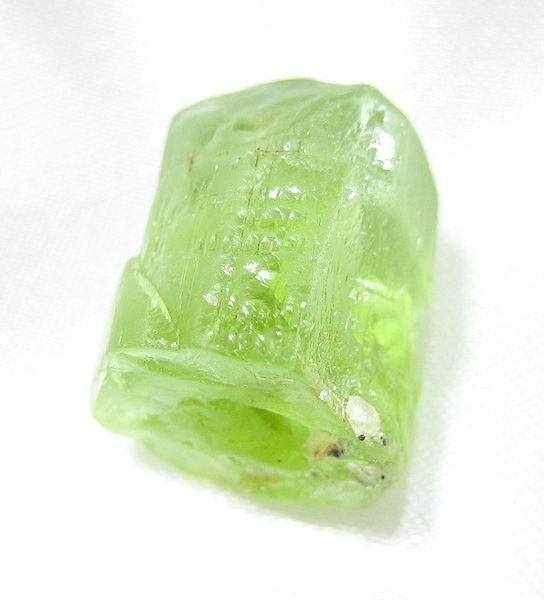Barrack Obama has famously pledged to put the US at the forefront of global warming (cynics would say it already is!), so it's fitting that a US scientist has this week developed a strategy that could lock away literally billions of tonnes of CO2 per year.
 Writing in this week's PNAS, Columbia University geologist Peter Keleman explains how it should be possible to use the same mechanism that has controlled CO2 levels on Earth for billions of years to cut greenhouse gases today.
Writing in this week's PNAS, Columbia University geologist Peter Keleman explains how it should be possible to use the same mechanism that has controlled CO2 levels on Earth for billions of years to cut greenhouse gases today.
His approach revolves around one of the most abundant minerals on the planet called olivine, which is a form of magnesium silicate. At the Earth's surface this chemical readily reacts with carbon dioxide and water to form magnesium carbonate (called magnesite) and quartz (silica), thus locking the CO2 away as rock. Keleman has shown that CO2 warmed to about 30 degrees Celsius and pumped into seams of olivine rapidly kickstarts the chemical reaction, which itself produces heat, accelerating the process further.
"Our data suggests that about 4 billion tonnes of CO2 per cubic kilometre of rock involved in the process could be locked away with this process," Keleman explains, "and given that we currently produce about 30 billions tonnes per year, and Richard Branson has offered a substantial cash prize to anyone who can lock away 1 billion tonnes of CO2, we're definitely in the right ball park."
The good news is that wherever there are mountains there are rich deposits of olivine, and some countries are extremely well endowed with the mineral including the Balkans, Saudi Arabia, the United Arab Emirates and Papua New Guinea. So is Keleman suggesting we need to ship our waste CO2 to these places? Not quite; in this instance Mohammed will have to come to the mountain.
"I think in the future we'll see a migration of CO2-producing industries and electricity-generating facilities to areas with the capacity to lock away CO2 using technqies like this."
- Previous The world’s smallest solar panels
- Next Sunspot weather link










Comments
Add a comment